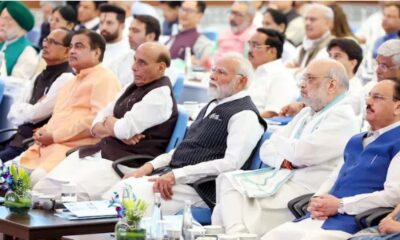In India’s biggest data breach, sensitive information and personal data of 8.15 crore Indians has emerged on the dark web. Reportedly, the information comes from the data collected by the Indian Council of Medical Research (ICMR) during COVID-19 testing. Nonetheless, the epicentre of the leak is still unknown.
The CBI (Central Bureau of Investigation) is reportedly investigating the leak, following the breach was brought to attention by ‘pwn0001’, a hacker, who advertised the stolen information on the dark web. According to the data shared by the hacker, the stolen information comprises Aadhaar and passport details, along with names, phone numbers and temporary and permanent addresses of millions of Indians. The hacker further claims that this data comes from the information ICMR collected during COVID-19 testing.
The discovery of the data breach was made by Resecurity, an American agency specialising in cybersecurity and intelligence. Reports stated, on October 9, ‘pwn0001’ disclosed details about the breach on Breach Forums, advertising the availability of 815 million records, including Indian Citizen Aadhaar & Passport data. Notably, India’s total population is a little over 1.486 billion people.
In addition, researchers discovered that among the leaked data, there were 100,000 files with personal details of Indian citizens. In an attempt to check their accuracy, some of these records were confirmed using a government portal’s “Verify Aadhaar” feature, which authenticated the Aadhaar information.
Meanwhile, the Computer Emergency Response Team of India (CERT-In) has also alerted ICMR about the breach, according to a report. Evidently, the COVID-19 test information is scattered across various government bodies such as the National Informatics Centre (NIC), ICMR, and the Ministry of Health, making it challenging to identify where the breach originated.
So far, there was no response to the leak from the Ministry of Information and Technology or other concerned agencies online.
Earlier in 2023, cybercriminals hacked into AIIMS servers and took charge of more than 1TB of data at the institute, demanding a hefty ransom. This compelled the hospital to switch to manual record keeping for 15 days, slowing down all the processes in an already-overcrowded institute.






















